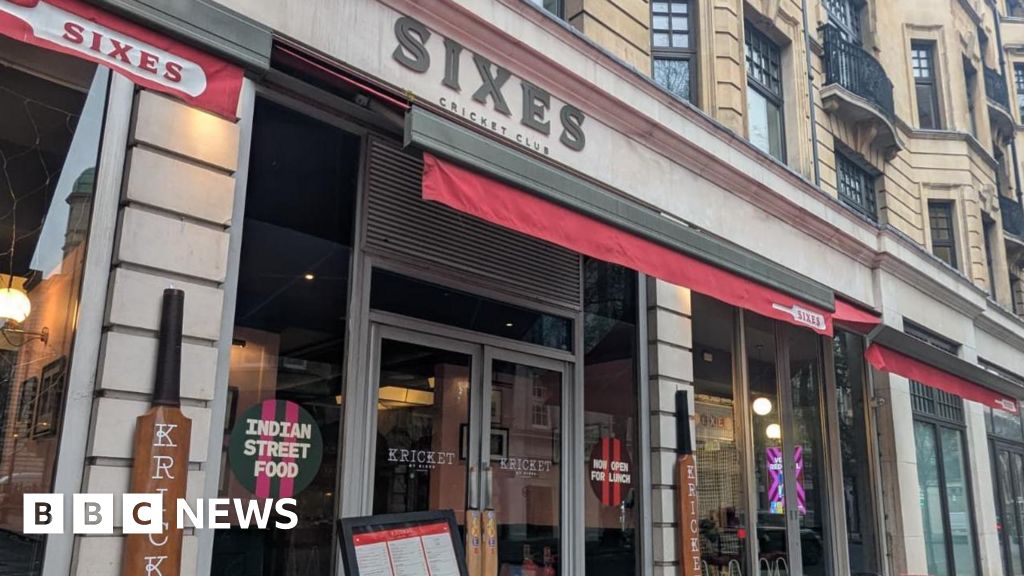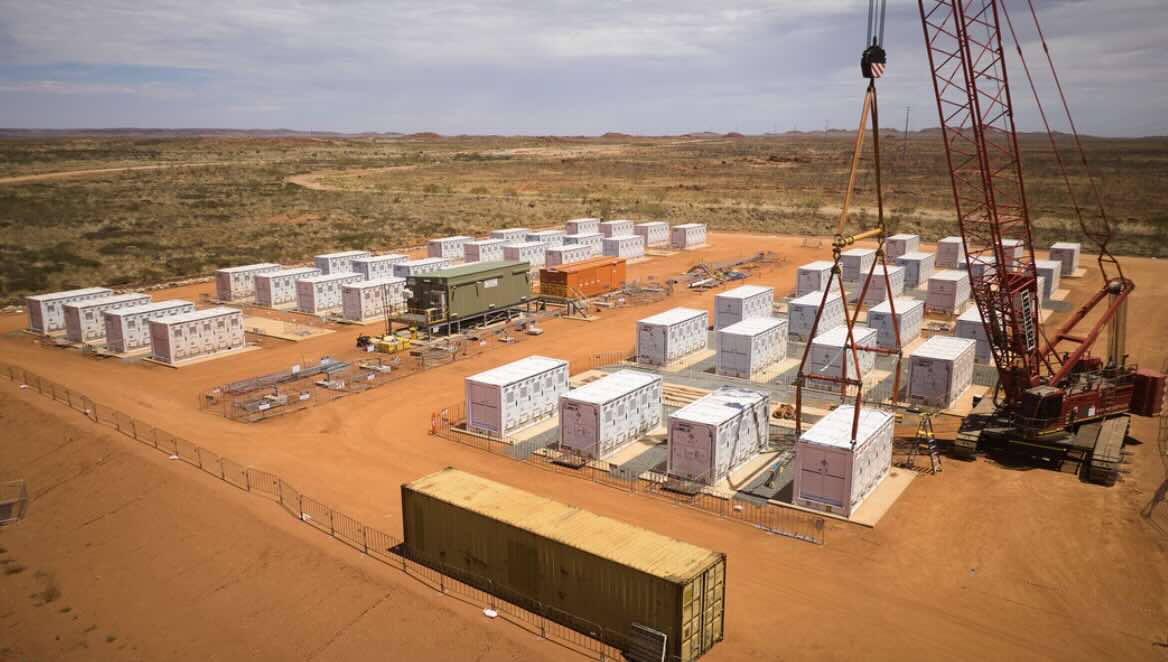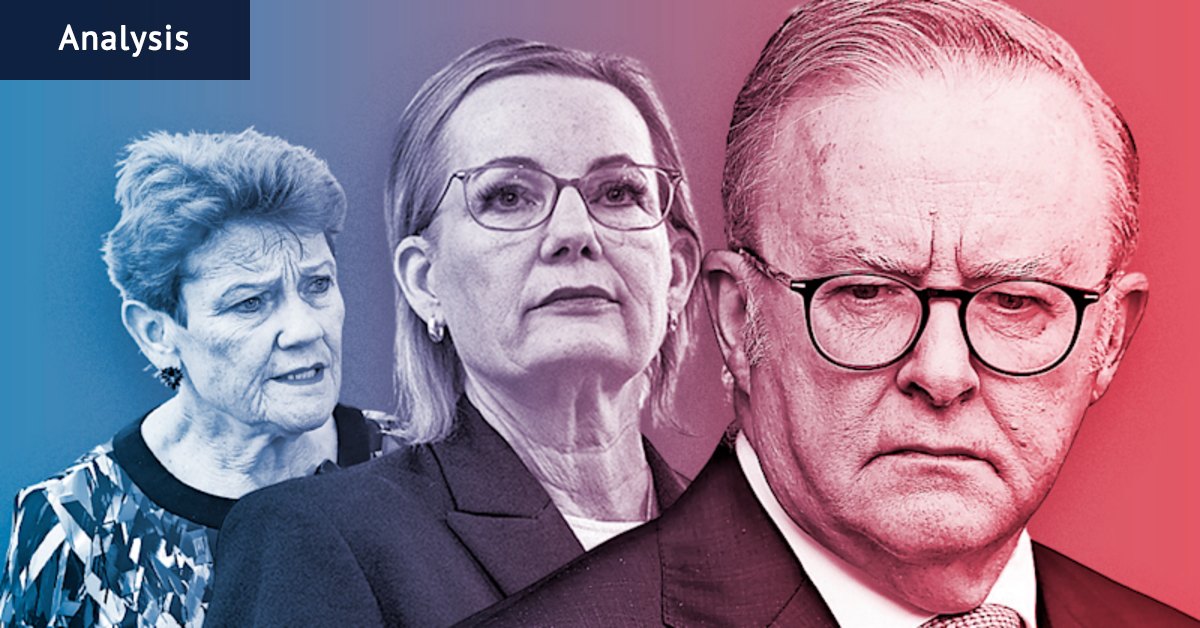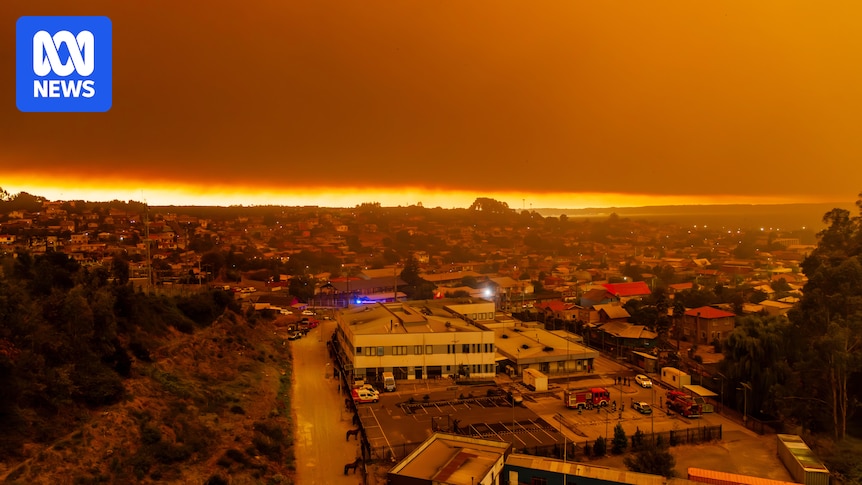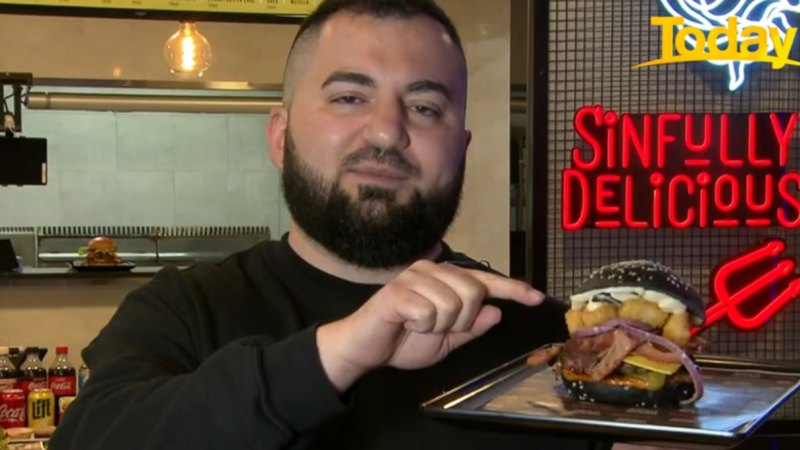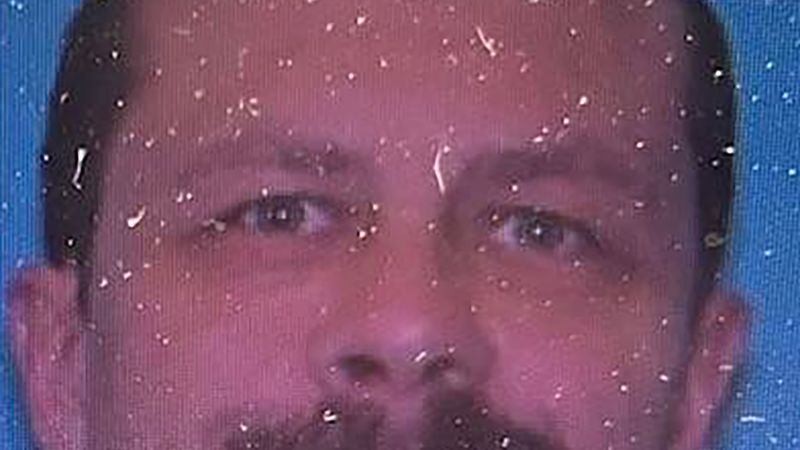
Michael Paul Brown, the man accused of fatally shooting four individuals at a bar in Anaconda, Montana, on August 1, has been apprehended following a weeklong multiagency manhunt. The arrest was announced by Governor Greg Gianforte on Friday, marking the end of a dramatic search that mobilized law enforcement across the state.
Brown was taken into custody around 2 p.m. local time near the search area in Anaconda and is now held by Anaconda-Deer Lodge County authorities, according to the Montana Department of Justice. This arrest concludes what has been described as the “biggest” shooting incident in Montana in a decade.
Details of the Arrest
Governor Gianforte praised the law enforcement efforts in a social media post, stating, “Incredible response from law enforcement officers across Montana. May God continue to be with the families of the four victims still grieving their loss.” The capture of Brown involved at least 38 local, state, and federal agencies navigating the challenging terrain of western Montana.
Montana Attorney General Austin Knudsen also commended the law enforcement agencies, emphasizing the remarkable support shown to the Anaconda community. “The families and friends of the victims remain in my prayers,” Knudsen said in a statement following the arrest.
The Crime and Its Victims
Brown, an Army veteran, was identified on security footage fleeing The Owl Bar, where the shooting took place. The victims were identified as Daniel Baillie, 59, Nancy Kelley, 64, David Leach, 70, and Tony Palm, 74. Cassandra Dutra, a bartender at the Owl Bar, expressed the community’s shock, saying, “It just isn’t real. It’s totally overwhelming.”
Investigators had previously located a white Ford F-150 truck that Brown used on the day of the shooting, but he was not found in or near the vehicle, as noted by Montana Division of Criminal Investigation Administrator Lee Johnson.
Background on Michael Paul Brown
Brown served as an armor crewman in the US Army from January 2001 to May 2005 and was deployed to Iraq from February 2004 to March 2005. Lt. Col. Ruth Castro, a spokesperson with the US Army, confirmed his military service to CNN. Brown’s niece, Clare Boyle, shared insights into his deteriorating mental health, which she attributed to his military service and the subsequent loss of his parents. “The system failed.. We as people failed.. failed to report suspicious behavior because ‘that’s just Mikee’… We begged people to listen and open their eyes,” Boyle stated, reflecting on the missed opportunities to intervene.
Community and National Response
The tragedy in Anaconda has sparked a broader conversation about mental health support for veterans and the resources available to communities to prevent such incidents. Experts in mental health and veteran affairs are calling for increased support systems and early intervention strategies to help those struggling with post-service life.
Meanwhile, the community of Anaconda is left to grapple with the aftermath of the shooting. Vigils and memorials are being organized to honor the victims and provide solace to their families. The incident has also prompted discussions on gun violence and public safety measures in small communities.
This is a developing story and will be updated as more information becomes available.



